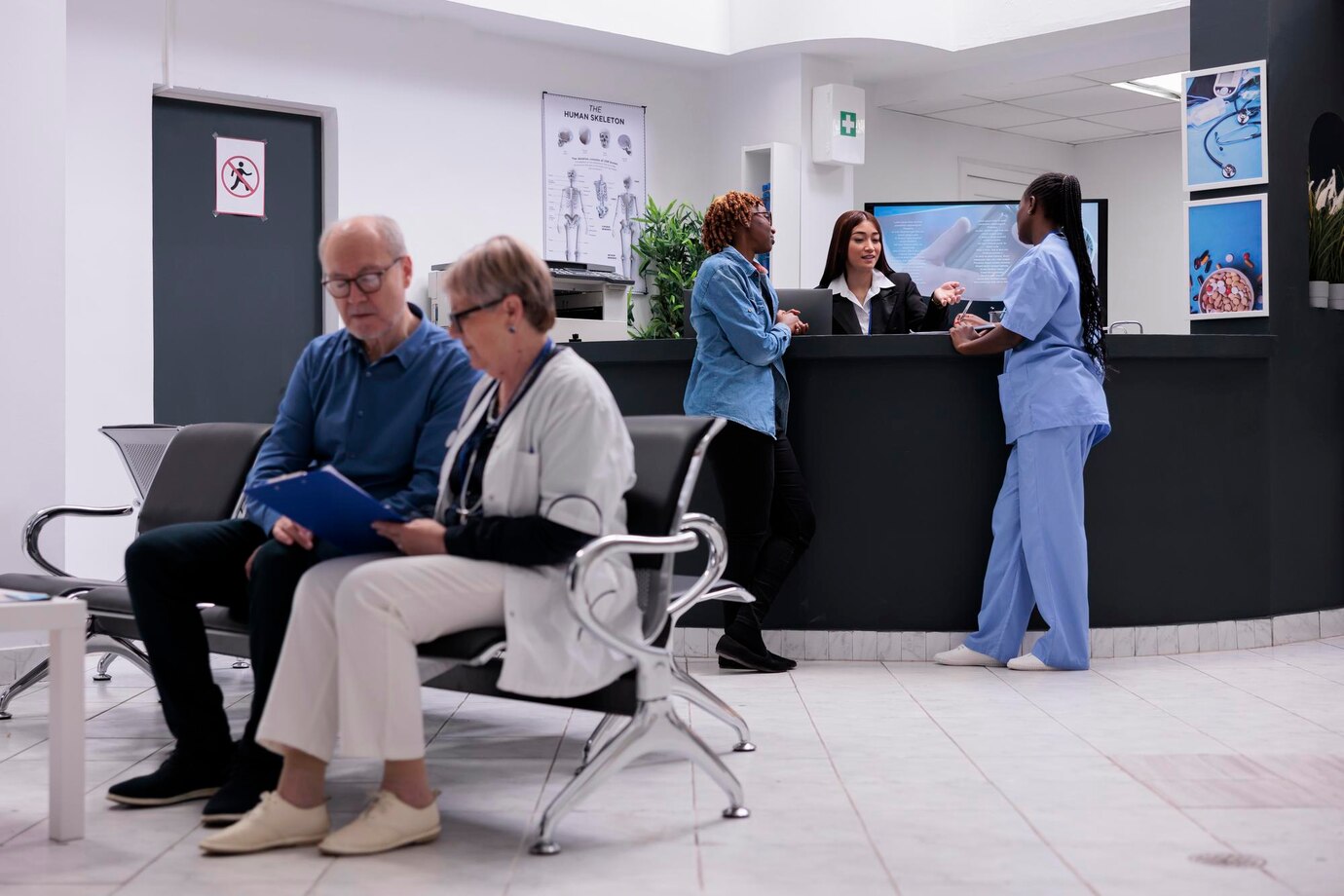
Hospitals are vital institutions that provide critical care to individuals in need, but they also face unique security challenges. From protecting patients and staff to safeguarding sensitive information, hospital security systems have become an increasingly important concern. In this blog, we explore 15 key aspects of why hospital security matters and how it can be effectively implemented.
One of the primary goals of hospital security is to ensure patient safety. With vulnerable patients relying on the institution, a secure environment fosters trust and provides peace of mind to families.
Healthcare workers often face verbal or physical aggression. Security measures such as panic buttons and surveillance cameras help protect staff members from potential threats.
Hospitals house sensitive areas such as operating rooms, pharmacies, and data centers. Controlled access systems ensure that only authorized personnel can enter these areas.
Hospitals are home to expensive equipment, medicines, and personal belongings. A robust security system helps prevent theft and unauthorized access to valuables.
Whether it’s a fire, natural disaster, or security breach, hospitals must have emergency response plans in place. Security teams play a crucial role in managing such situations efficiently.
Large hospitals see hundreds of visitors daily, making it challenging to monitor who enters the premises. Visitor management systems are essential to maintain order and safety.
Violence in hospitals is a growing concern. Security personnel are trained to de-escalate situations and ensure that incidents are resolved safely.
Hospitals handle vast amounts of sensitive patient data. Cybersecurity, in addition to physical security, ensures that this information remains confidential.
Infant abduction is a rare but serious concern in maternity wards. Advanced security systems such as infant tagging help protect newborns.
Hospital parking lots can be hotspots for theft or vandalism. Security measures like surveillance cameras and proper lighting enhance safety in these areas.
Hospitals must comply with regulations such as HIPAA (Health Insurance Portability and Accountability Act) and other safety standards. Security systems help ensure compliance.
Security breaches can lead to lawsuits and financial losses. Hospitals with strong security measures reduce the risk of liability.
Security is not just the responsibility of the security team; hospital staff must also be trained in safety protocols. Training ensures that everyone is prepared for emergencies.
Modern hospitals are adopting advanced technologies such as AI-powered surveillance and biometric systems to enhance security. These tools improve efficiency and effectiveness.
A secure hospital builds trust among patients, staff, and the community. When people feel safe, they are more likely to choose that hospital for their care.
@2026 Private Eye Security Services, All Rights Reserved. Developed by Starsite